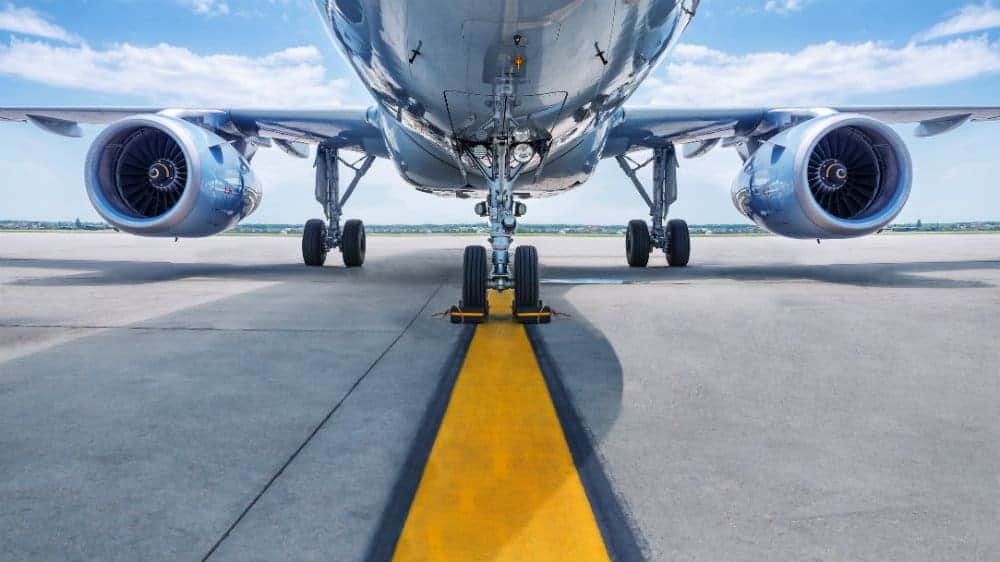
Air Canada (TSX:AC) stock surged over 3%, even though the airline reported not-so-exciting first-quarter earnings figures. The stock surged on three accounts: a slowdown in cash burn, an increase in capacity compared to 2020, and hopes of ease in the travel ban. These three factors partially offset the impact of reducing liquidity and rising debt. The earnings show that the worst is behind for AC, and now it is on the path to recovery.
How will the above three takeaways from Air Canada’s earnings impact its future?
Air Canada’s daily cash burn slows
In the first quarter, Air Canada’s daily cash burn was $14 million, which is lower than the estimated $15-$17 million cash burn. This reduction came, as Air Canada deferred some aircraft lease returns. This has just stalled the cash burn to a later date. But what was refreshing is AC’s second-quarter outlook of a lower daily cash burn of $13 million.
AC changed its refund policy on April 12. Before April, AC gave refunds for refundable tickets and travel vouchers for non-refundable tickets of cancelled flights. From April 13 onwards, passengers will get a cash refund if Air Canada cancels or reschedules a flight by more than three hours. And it will refund the ticket money for previous flights (before April 12) using the $1.4 billion bailout loan. Moreover, $1 million from the $13 million daily cash burn will be for the repayment of a higher scheduled debt principal.
Air Canada sees an increase in capacity
With more than one year into the pandemic, AC is now on the road to recovery. This recovery is visible in the improvement in its figures from the 2020 levels. If you compare the 2021 figures with 2019’s, the airline still has a Pacific-Ocean gap to cover.
For instance, it expects to double its capacity in the second quarter compared to the same quarter of 2020. But from the 2019 levels, it still expects to operate at just 16% capacity. It will take at least three years to see the return of the pre-pandemic capacity.
Air Canada pleads with the government to ease travel restrictions
The capacity will only return when the Justin Trudeau government eases the travel restrictions it has imposed since March 2020. The United States saw a sharp rebound in air travel, as the government eased travel restrictions. According to data from transport authorities, Canada’s largest airport checkpoints had average passenger traffic of just 8% in April compared to April 2019 levels versus 59% in the United States.
Air Canada CEO Michael Rousseau has urged the government to ease the restrictions. He said, “Starting with replacing blanket restrictions with science-based testing and limited quarantine measures where appropriate, Canada can reopen and safely ease travel restrictions as vaccination programs roll out.” The government is considering a vaccine passport and reopening travel to sun destinations. But no reopening will happen before June.
In the previous earnings, Michael Rousseau signalled plans to terminate the Transat A.T. acquisition and secure the government bailout. His hints materialized in the first quarter. Now, he is focusing on easing the travel ban. This has raised hopes that easing the ban will materialize in the second quarter.
What will happen if air travel restrictions ease?
There is a high possibility that AC will see pent-up demand from leisure travellers as the United States. The demand spike would probably be bigger for Canada, as the restrictions were stringent for Canadians. Despite all these restrictions and no cash refund, AC received bookings.
The revised Aeroplan, travel vouchers AC distributed as refunds, and the new refund policy will encourage more travellers to book tickets. From here onwards, I expect AC’s revenue to rise year over year. A revenue increase will slow its cash burn, and the bailout will help AC’s management to focus on recovery than acquiring capital.
Investor takeaway
Air Canada stock could surge to $30-$32. This price could even become it’s new normal during the recovery phase. If you are considering buying the stock, buy it at a price below $25 and not close to $30, as that will limit your upside returns. If you miss out on buying AC stock at $25, you are better off buying other growth stocks with significant upside.
Forget Air Canada. Here are some growth stocks that can grow your money 10-fold in 10 years!
Should you invest $1,000 in Air Canada right now?
Before you consider Air Canada, you may want to hear this.
Motley Fool Canadian Chief Investment Advisor, Iain Butler, and his Stock Advisor Canada team just revealed what they believe are the 10 best stocks for investors to buy right now… and Air Canada wasn’t one of them.
The online investing service they’ve run since 2013, Motley Fool Stock Advisor Canada, has beaten the stock market by over 3X. And right now, they think there are 10 stocks that are better buys.
Fool contributor Puja Tayal has no position in any of the stocks mentioned.






